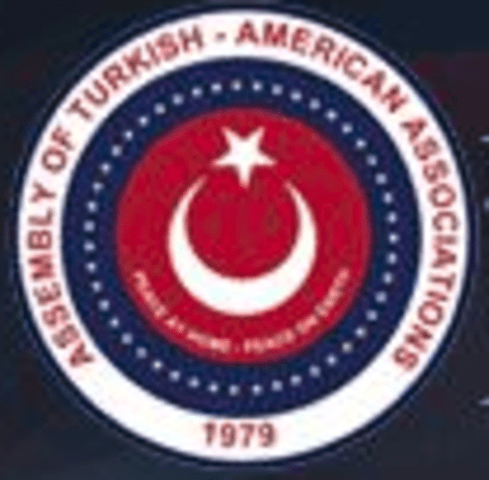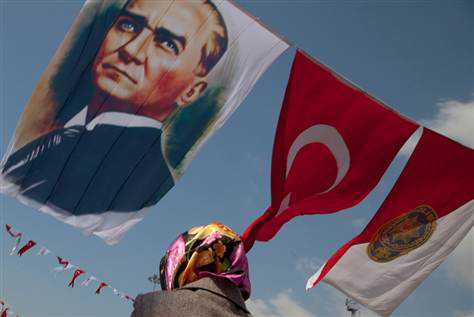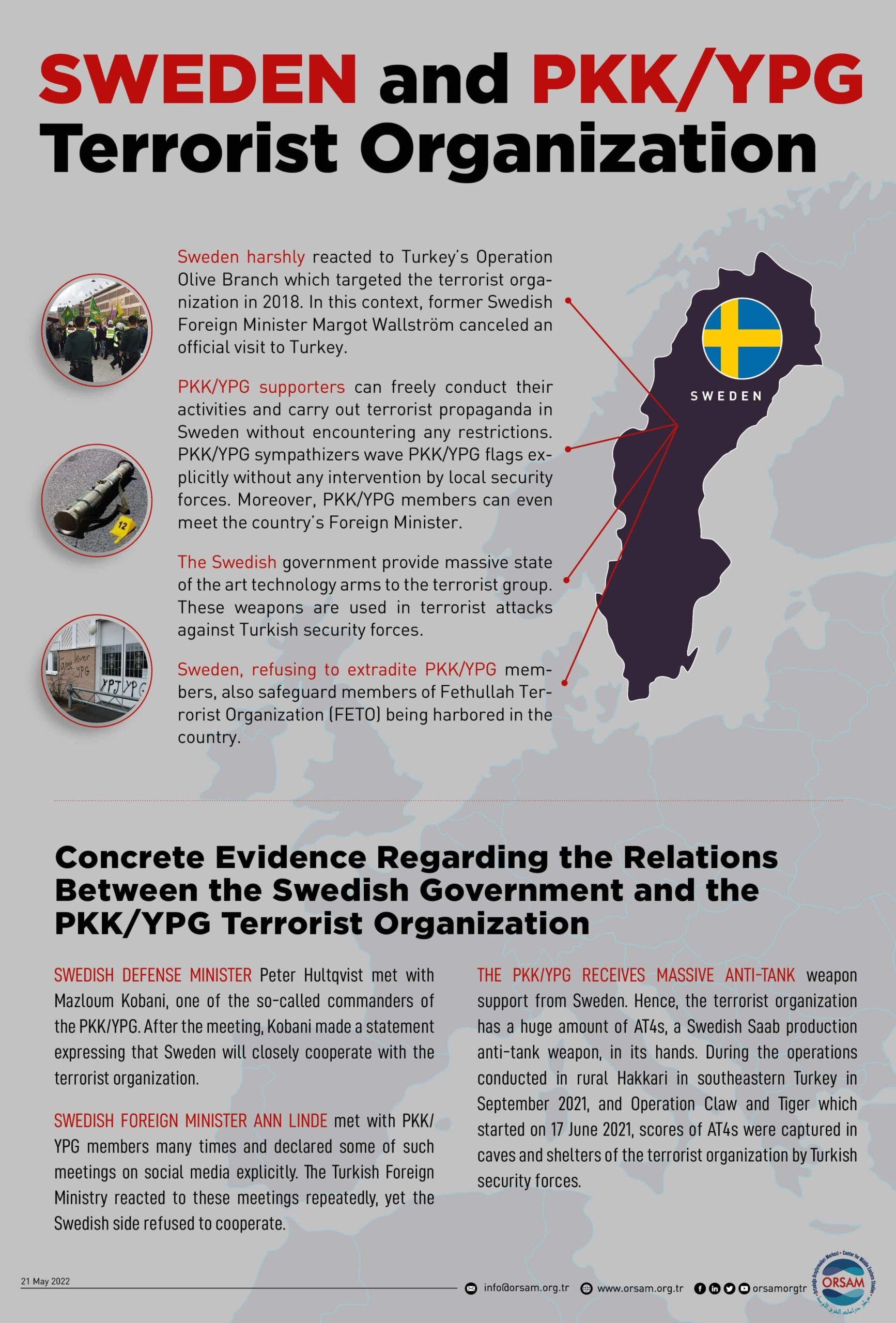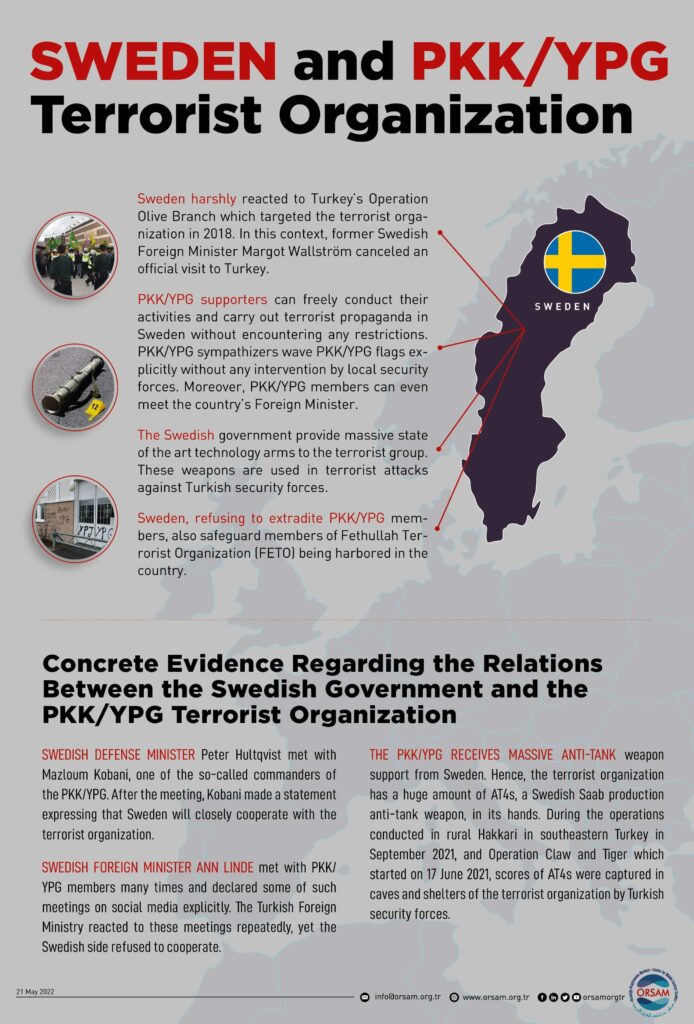April 18, 2023
President Joe Biden
The White House
1600 Pennsylvania Avenue, N.W.
Washington, DC 20500
Re: President Biden disregarded four articles of the U.S. constitution by describing the 1915 events as genocide
Dear Mr. President,
We are writing this letter as the representatives of the Turkish American community, to express our disappointment and dismay concerning your one-sided declaration on April 24, 2022, that the Ottoman Empire committed genocide on its Armenian subjects in 1915. A claim which was never proven legally or through historical research.
Mr. President, we are aware and proud of the fact that you are a graduate of Syracuse Law School and that you were the Chairman or Ranking Member of the U.S. Senate Judiciary Committee for 16 years. We know how knowledgeable, respectful, and sensitive you are about the rule of law. Furthermore, you did solemnly swear as the president-elect on that glorious inauguration day that you would “preserve, protect and defend the U.S. Constitution.” Yet, we are very astonished, Mr. President, that you disregarded at least four articles and amendments of the U.S. Constitution.
We believe that your April 24 statement is in conflict with basic principles of fairness in the U.S. Constitution. The first and second issues are related to the fundamental fairness principles, while the third and fourth issues specifically pertain to the “Due Process Rights” of Turkish Americans.
The first issue concerns Article VI of the U.S. Constitution, which makes international treaties ratified by the Senate a part of U.S. domestic law. Here is a partial quote:
“…This Constitution, and the Laws of the United States which shall be made in Pursuance thereof; and all Treaties made, or which shall be made, under the Authority of the United States, shall be the supreme Law of the Land; and the Judges in every State shall be bound thereby, any Thing in the Constitution or Laws of any State to the Contrary notwithstanding…”
“Genocide”, an international crime, was coded by the “U.N. Convention on the Prevention and Punishment of Genocide,” approved and proposed for ratification in 1948 and entered into force in 1951. Türkiye became a party to this Convention in1950. This Convention regulates the crime of genocide in the domestic legal structure of the U.S. by being approved by the Senate on November 11, 1988, in accordance with Article VI of the U.S. Constitution. It became PUBLIC LAW 100-606 called the “Genocide Convention Implementation Act of 1987 (the Proxmire Act)”. You, Mr. President, yourself sponsored the resolution that paved the way to this law.
According to this 1948 Convention, adopted by 140 states around the world and has the character of “jus cojens” (the compelling, overriding, unchallengeable rule) in law, in order for an act to be considered genocide, a competent tribunal must prove the material and moral elements of the crime (actus reus and mens rea) and, in particular, the crime must be determined to have been committed with special intent (dolus specialis.) No such proceedings were instituted against the Ottoman Empire or its rulers, and no competent court ruled that the crime of genocide had been committed. In this case, your April 24 statement is clearly in conflict with both the U.S. Constitution and the U.S. domestic law, not to mention international law.
The second issue is the conflict with the “principle of legality” enshrined in Article I, Section 9 of the U.S. Constitution. This section prohibits the adoption of “ex post facto laws” and their retroactive application. Here is a partial quote:
“…No Bill of Attainder or ex post facto Law shall be passed….”
According to this article, an act that does not constitute a crime according to the law of the time it was committed does not constitute a crime by a subsequent law. “Genocide” did not exist in 1915 as a word or concept. It was first defined as a crime in the U.N. General Assembly document of December 11, 1946, and codified by the U.N. Genocide Convention adopted on December 9, 1948. The 1948 concept of genocide cannot be used retroactively to describe the events in 1915. Therefore, Mr. President, your April 24 statement is undoubtedly contrary to the letter and spirit of section 9 of Article I of the U.S. Constitution.
The third, and the most important, issue is the “Due Process Rights” of Turkish Americans, protected under the 5th and 14th Amendments in the U.S. Constitution – combining your third and fourth infringements.
The Constitution states only one command twice. The Fifth Amendment dictates to the federal government that no one shall be “deprived of life, liberty or property without due process of law.” The Fourteenth Amendment, ratified in 1868, uses the very same words, called the Due Process Clause, to describe a legal obligation of all states. This means that the government must follow fair procedures and respect the legal rights of individuals before depriving them of their fundamental rights. Fourteenth Amendment applies this protection to the states and ensures that all individuals are entitled to due process of law, regardless of their race, ethnicity, or gender. In this case, we strongly believe, that the due process rights of Americans of Turkish origin were totally disregarded. We strongly disagree with your declaration as it is not based on historical facts and lacks any legal basis. We believe that your declaration was motivated solely to gain political popularity among the strong Armenian diaspora, while jeopardizing the safety and well-being of Turkish Americans in the United States.
We are deeply concerned that your declaration, claiming the events of 1915 as Armenian Genocide, could negatively affect the fairness and impartiality of legal proceedings involving American citizens of Turkish and Armenian descent. It is important to note that the growing Turkish American community has become increasingly vocal about the facts of the 1915 events and aims to educate the public about the Turkish perspective, which has long been overshadowed by the one-sided and often fabricated narrative presented by the Armenian side.
The growing visibility and public awareness of the true side of the History, as advanced by non-partisan scholars based on credible historical research, has unfortunately led to an increase in hate crimes and terrorism, victimizing Turkish Americans at the hands of Armenian radicals. Your declaration may inadvertently encourage the perpetrators of these hate crimes and negatively impact the fairness and impartiality of legal proceedings against such suspects. Encouraged by your April 24 statement, Armenian racists inclined to avenge the alleged Armenian Genocide, threatened Turkish Americans, inflicted physical harm on them, and destroyed their property. We are kindly asking, Mr. President, that you consider incidents of hate crimes and bullying against Turkish Americans, particularly in California, where a significant number of Armenians reside.
As a community that values justice, fairness, and the principles of due process, we, the people of Turkish American heritage, request that you reconsider your declaration and take steps to promote a more balanced and accurate understanding of the events of 1915. We believe that all individuals, regardless of their ethnicity or background, deserve fair and impartial treatment under the law.
Mr. President, you put forward the long-discredited political claim of Armenian genocide as an irrefutable fact, following up on your many similar statements during your 2020 election campaign. Your statement, unfairly and untruthfully, stigmatized Turkish Americans as evil people who deserve to be punished. What you have done with the April 24, 2022 statement is nothing less than “extrajudicial execution” in terms of the U.S. Constitution and domestic law.
Your April 24 statement, Mr. President, is pedagogically unsound, as there are multiple reasons for doubting the Armenian Genocide thesis, including the absence of a court verdict. In addition, hostility towards viewpoints that dispute the Armenian Genocide thesis stifles open and honest discussion, represents viewpoint discrimination, and constitutes a further problem with the First Amendment.
Mr. President, your April 24 statement will cause academic freedom to be curtailed as it erroneously presumes that genocide occurred. On the other hand, the work and research of many distinguished scholars have shown that these genocide claims are nothing more than fabrications and distortions of history. Among the many examples are the scholarly work and publications of professors Bernard Lewis of Princeton University, Gunter Lewy of the University of Massachusetts Amherst, and Justin McCarthy of the University of Louisville, which clearly demonstrated that such a crime did not occur. Dissenting views are educationally valuable, as they expose falsehoods, refine partial truths, and reinforce truths by battle-testing them. But when your April 24 statement stops all that, education and truth suffer, prejudices and perceptions will continue to dominate.
Mr. President, we would like to remind you your own words: “…America is an idea. An idea that is stronger than any army, bigger than any ocean, more powerful than any dictator or tyrant. It gives hope to the most desperate people on earth, it guarantees that everyone is treated with dignity and gives hate no safe harbor…” We, the people of Turkish-American heritage, are not treated with dignity. Unfortunately, your April 24 statement does give a safe harbor to hate and does not help build peace as our children are already being bullied in K-12 schools.
Most importantly, we are kindly asking you, Mr. President, that you support the initiative by the republics of Türkiye and Armenia to establish a Joint Historical Commission, composed of historians and legal scholars to be selected by Ankara and Erivan. We hope you will contribute earnestly to the realization of this initiative.
For this to work, of course, all national archives must be fully open to research. While Ottoman and Turkish archives are fully open to international research since 1980s, Armenian archives remain closed to scholars critical of genocide claims.
This is the only way to end this ethno-religious bias and discrimination against Turkish-Americans by those influenced by crude stereotypes of genocide claims that are rooted, in large part, in the deliberate wartime propaganda efforts of the World War I Allies.
Mr. President, a Turkish-Armenian Joint Historical Commission to investigate the genocide claims may be the only frank, honest, ethical, logical, and effective way forward. We believe research and dialogue, not stereotyping and defamation, can build the way to peace, reconciliation, and closure.
Respectfully,
Mazlum Kosma
President
Dr. Bulent Basol
Chairman of the Board of Trustees
Prof. Dr. Ulku Ulgur
The Founding President
Ergun Kirlikovali
Past President







